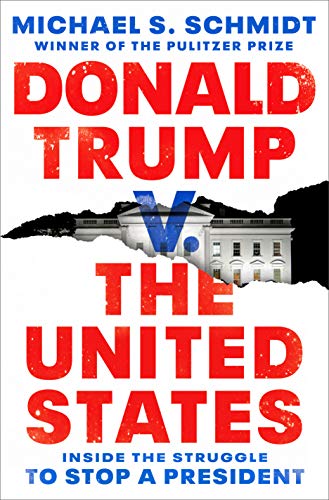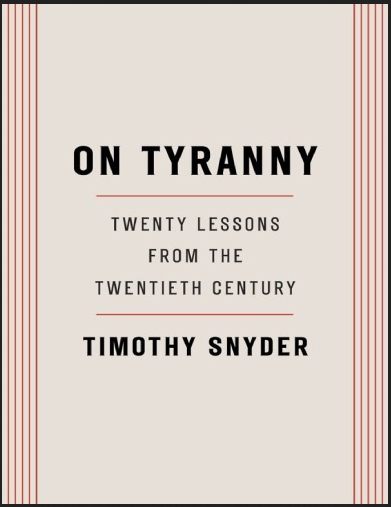Some thoughts …
I love a good, content-rich publication written in easily-digestible prose that deepens my understanding of Trump’s Washington, his vise-like grip on the current Republican Party – including Moscow Mitch McConnell, and Trump’s blatant disregard for presidential norms, the Constitution, and America’s democracy.
Well, Pulitzer Prize winner Michael Schmidt’s “Donald Trump v. The United States – Inside the Struggle to Stop A President” filled the bill for me. The book topped my September reading list.
Schmidt covers the presidency of the country’s 45th chief executive with enough detail to answer the questions “What is the back story?” on this issue. “What is the media not telling us about Trump’s scandal-plagued Washington?” Or Donald Trump’s decision to fire FBI director James Comey that led to the appointment of special counsel Robert mueller. To this observer, Schmidt embodies the old-school reporter, the Woodward and Bernstein, who wore out the shoe leather. The quality I appreciated most about Schmidt is intrepidity. He sinks his teeth into an issue and then doggedly pursues the facts. You could call his approach “Beginning where the other reporters end.”
“Donald Trump v. The United States” is presented in the format of a journal. You know where you are and when, who’s in the room, and why? And then there is follow up. You follow Schmidt’s mindset: “I understand now,” or, “there must be more to this…who do I need to talk to? And, where do I find them?” I like Schmidt’s style because he writes the way I read: Get in the underbrush and report on what you find.
Many of us who tried to follow the Mueller investigation were baffled – no, disappointed – at Mueller’s unwillingness to investigate if Donald Trump was a Russian agent occupying the Oval Office. Why did Mueller fail to investigate corruption in the Trump organization, and how it carried over into his White House? Also, why did Mueller close his investigation before Michael Flynn had been sentenced and Roger Stone had been tried? These actions were dissimilar to the actions of two of Mueller’s predecessors.
Mueller, who had “testified before Congress more times than almost any other living American,” was initially unwilling to testify before Congress. He had to be subpoenaed. Why?
Schmidt helps us to put paid to this ugly chapter in contemporary American presidential history – at least for the moment. The outcome of the 2020 November elections just may mark the launch of round two if there is a Presidential Review Commission established in a Democrat-controlled House of Representatives and answers may be provided to more unanswered questions. I agree “Donald Trump v. The United States” is vital journalism. Read this book.


